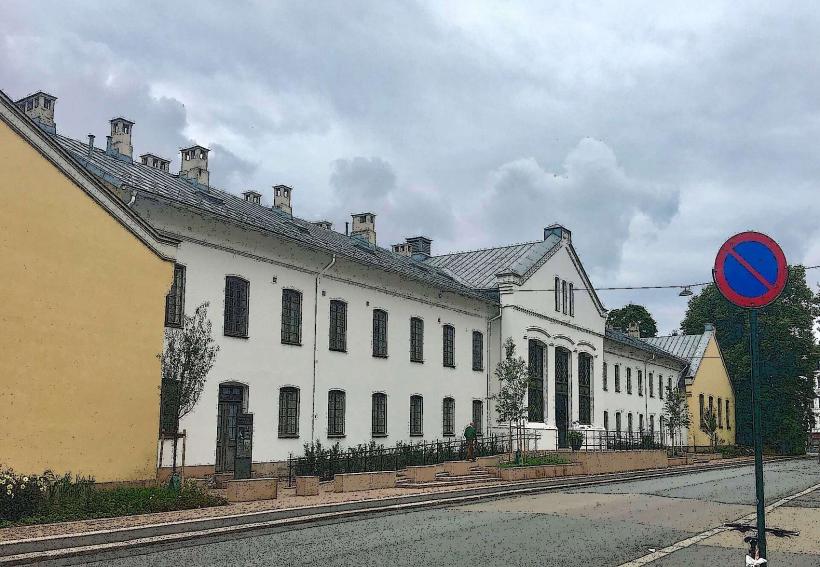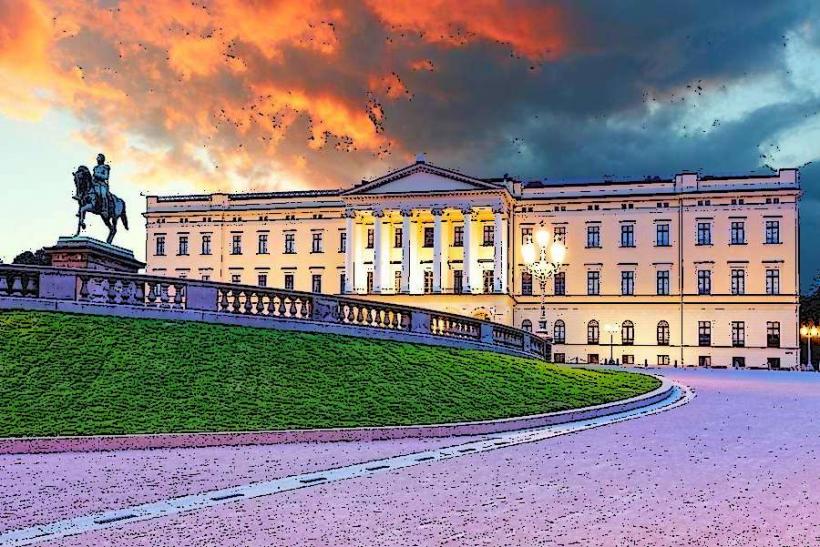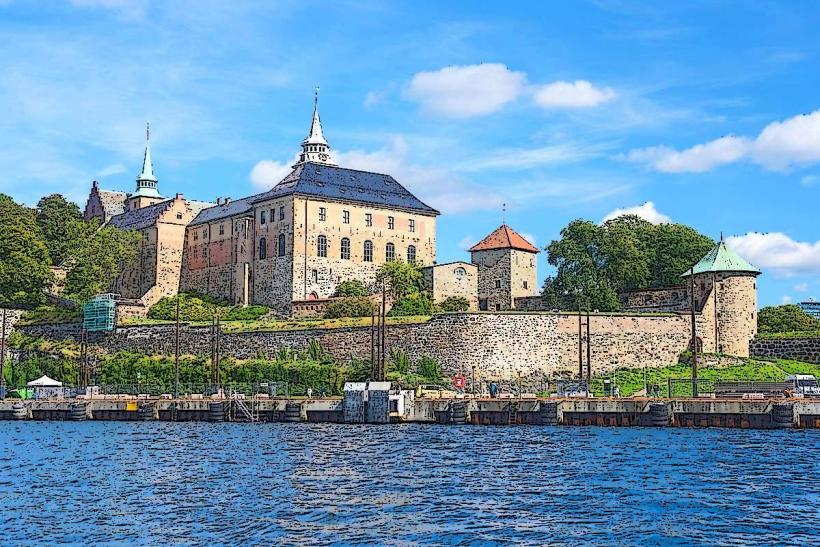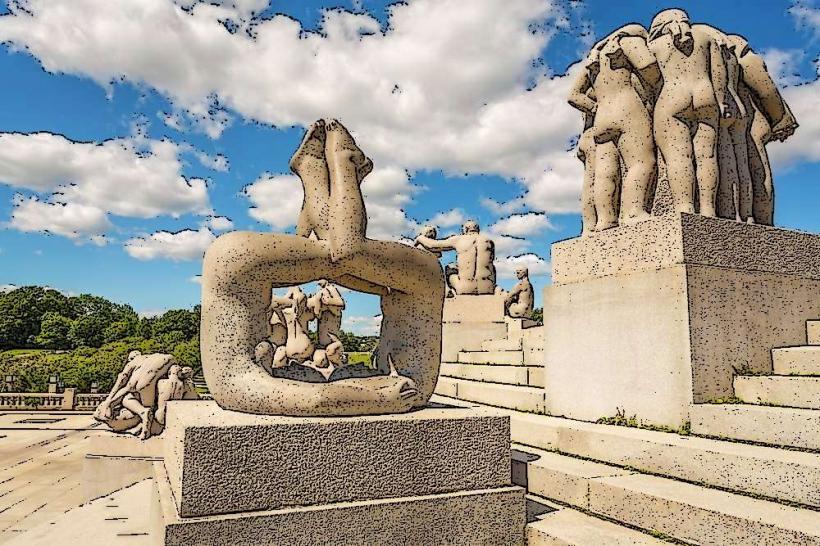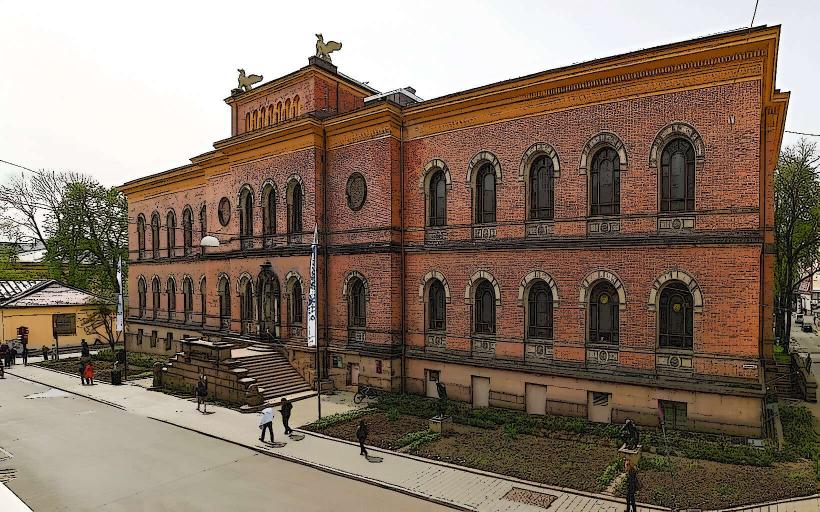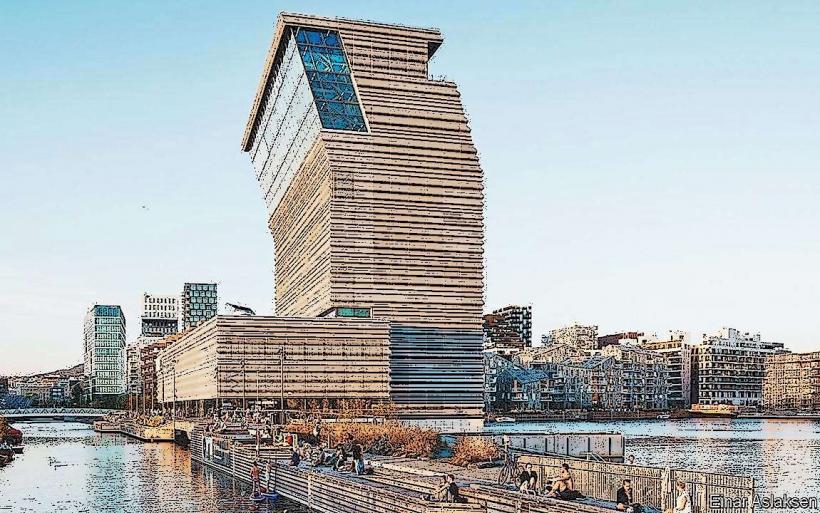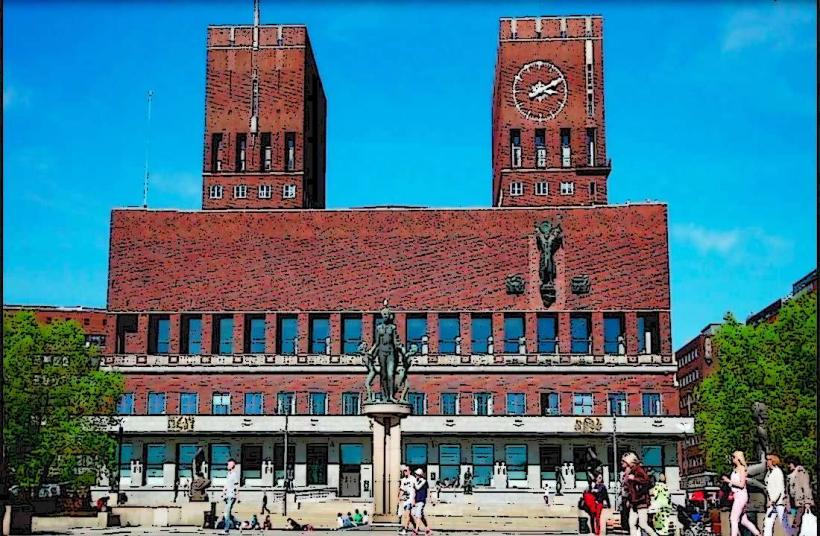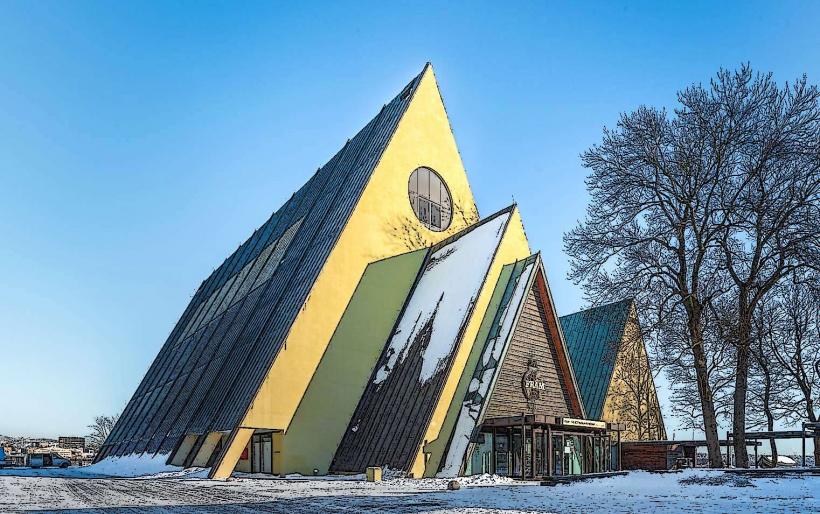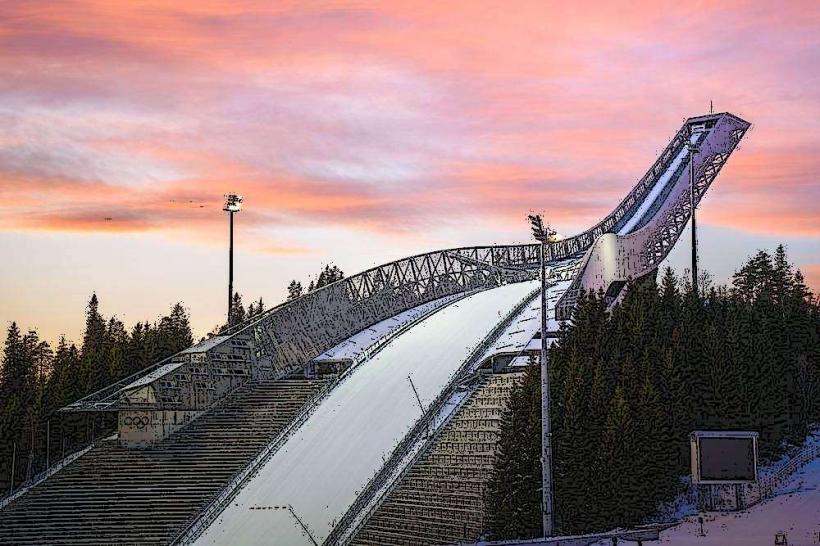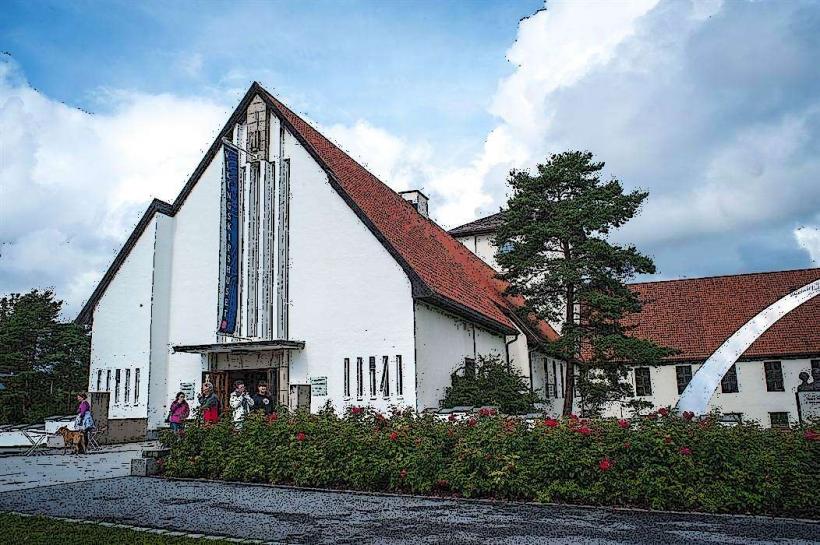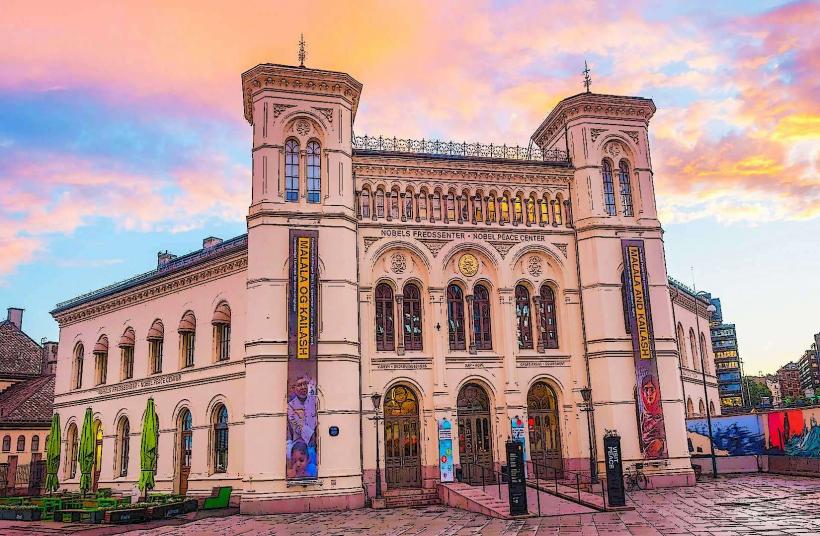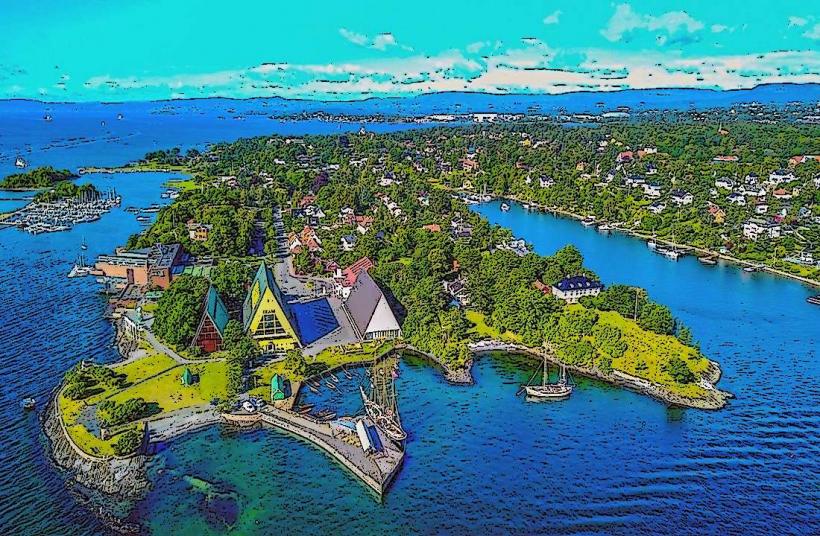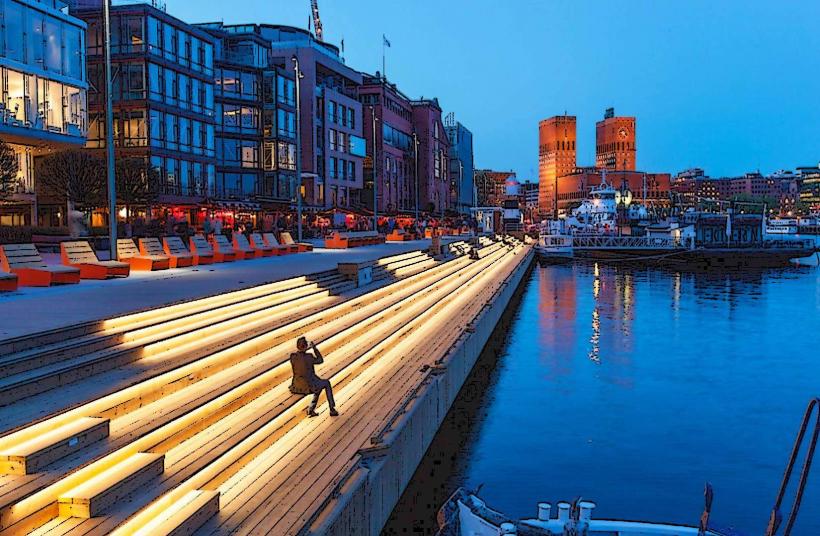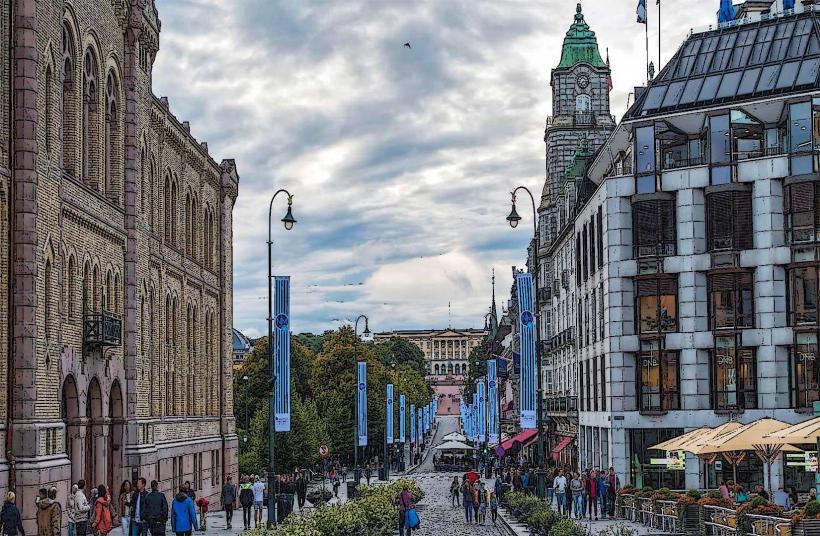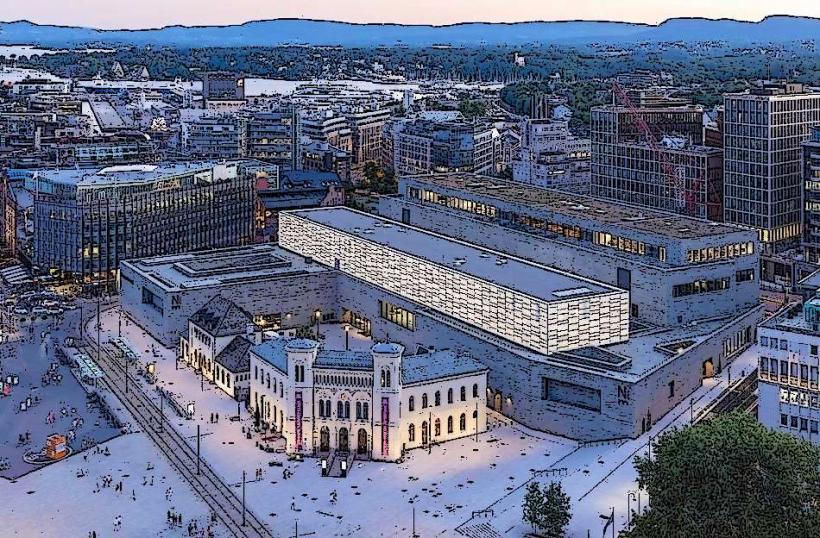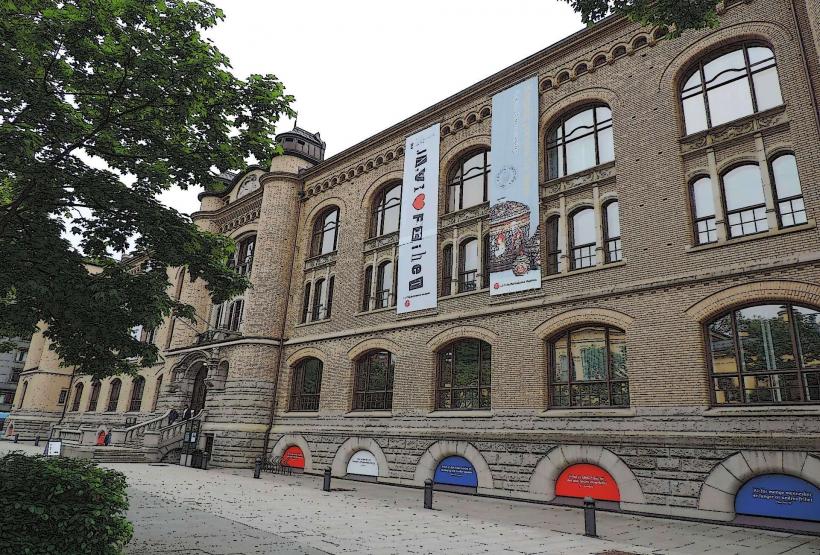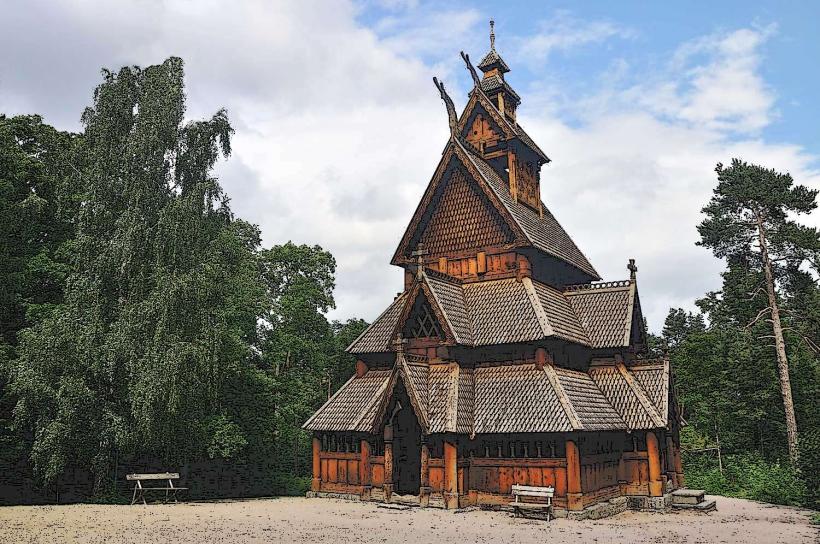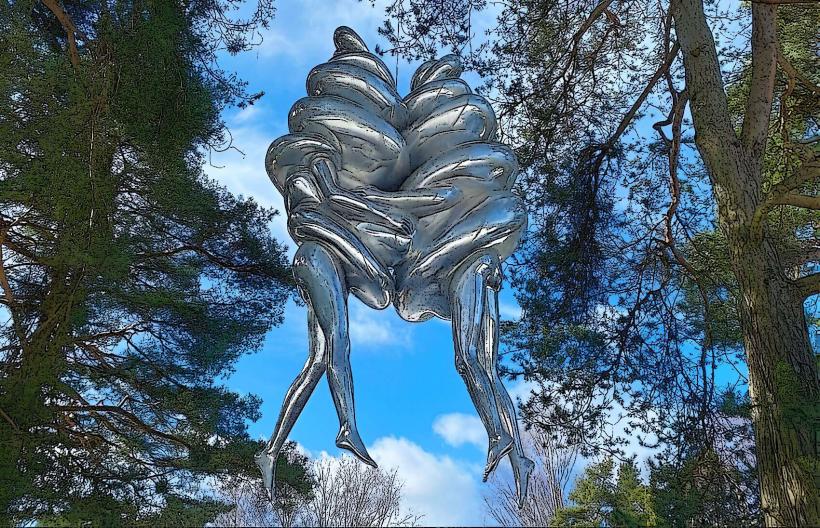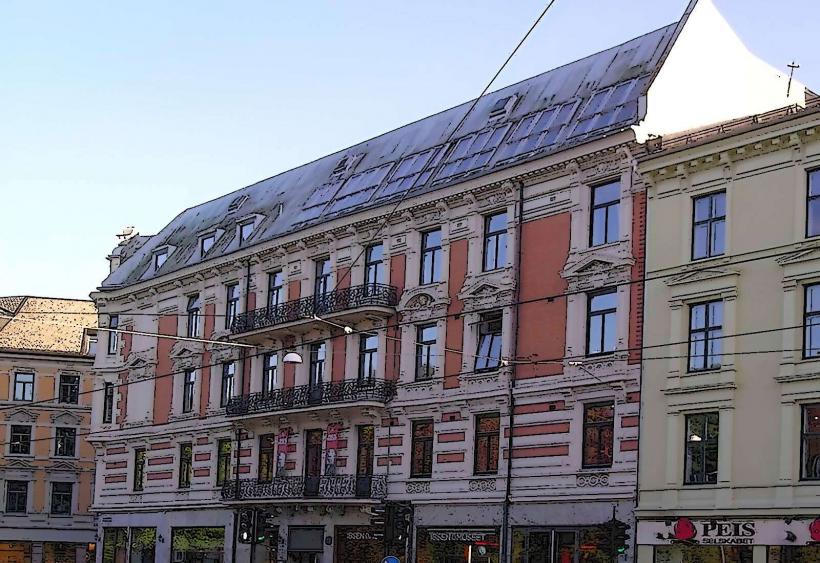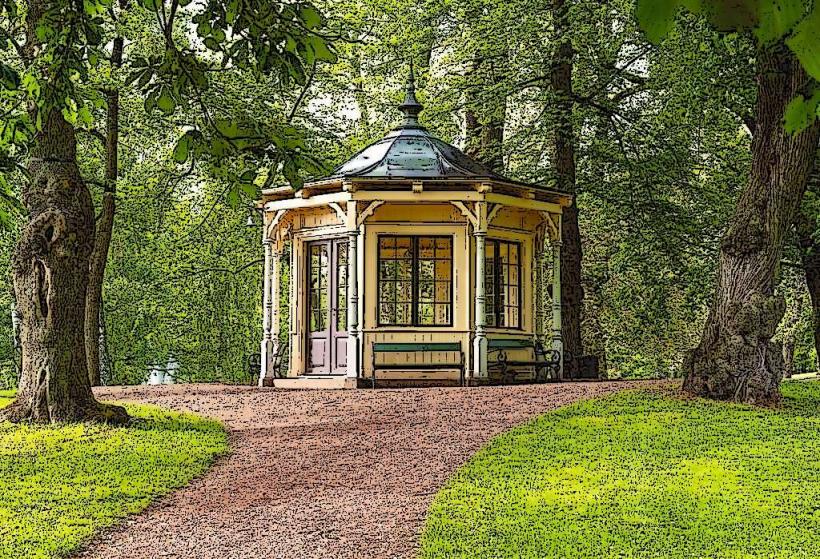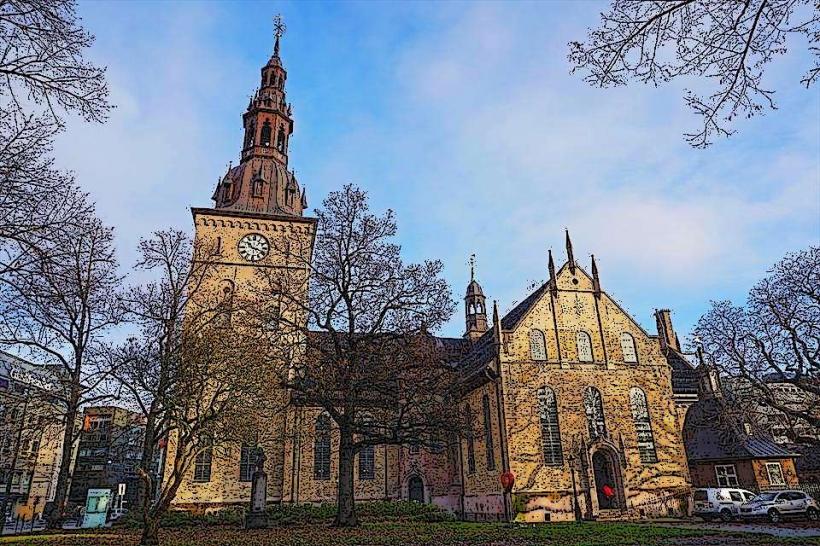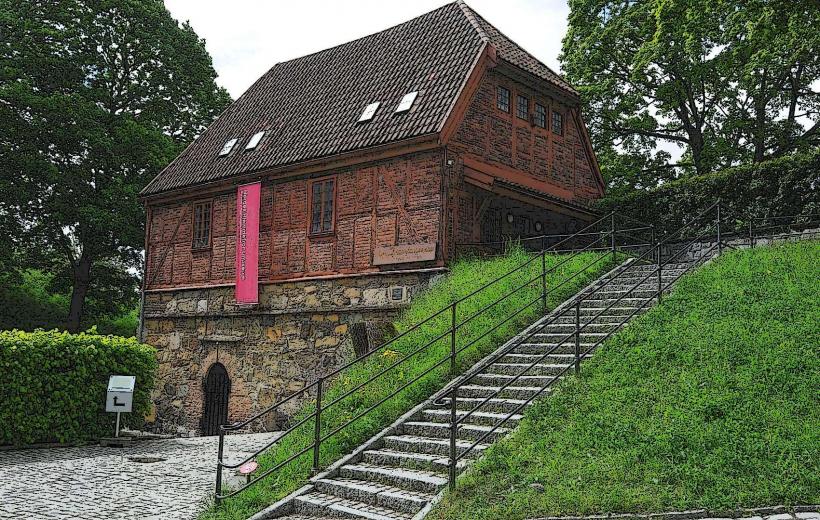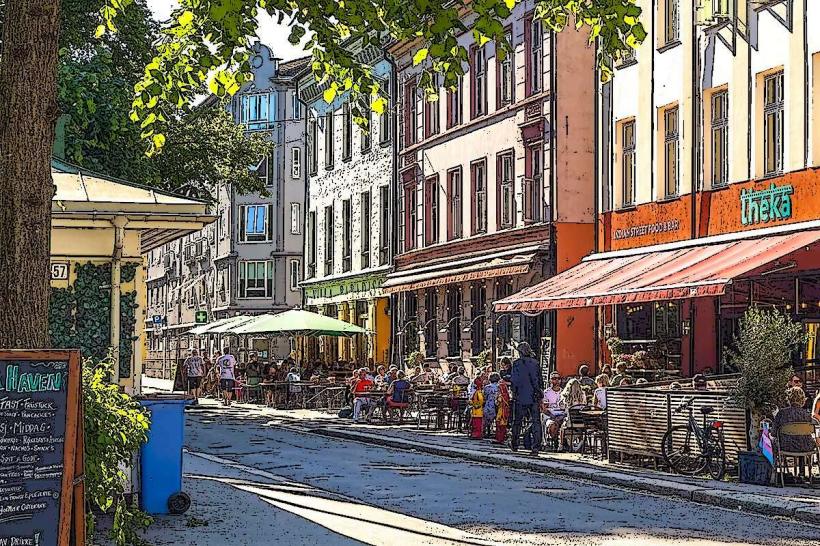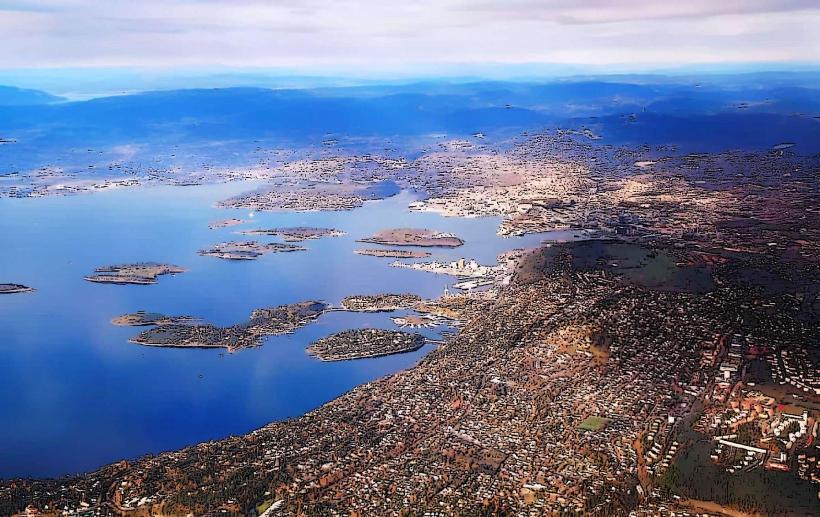Information
Landmark: Oslo Opera HouseCity: Oslo
Country: Norway
Continent: Europe
Oslo Opera House, Oslo, Norway, Europe
The Oslo Opera House is the home of the Norwegian National Opera and Ballet. It is located at the head of the Oslofjord in the Bjørvika neighborhood of central Oslo, Norway.
Visual Characteristics
The structure is predominantly clad in white Italian marble and white granite, with large sections of glass and oak wood used for interior surfaces. Its roof slopes from ground level up to the stage tower, creating an accessible public plaza. The building reaches a maximum height of approximately 38 meters at the top of its stage tower. Its architectural style is modern, characterized by sharp angles and a form designed to resemble a glacier or an iceberg emerging from the water.
Location & Access Logistics
The Oslo Opera House is situated at Kirsten Flagstads Plass 1, 0150 Oslo, directly adjacent to the city's main transport hub. It is located within the city center. Access by car is via Dronning Eufemias gate, leading to the underground parking garage, Operagaragen. Public transport options are extensive: Oslo Central Station (Oslo S) is directly next to the building, serving all metro lines (1, 2, 3, 4, 5) and national train services. Tram lines 11, 12, 13, 17 stop at Jernbanetorget, a short walk away. Numerous bus lines also serve Jernbanetorget and Oslo S.
Historical & Ecological Origin
Construction of the Oslo Opera House commenced in 2003 and the building officially opened in 2008. It was designed by the Norwegian architectural firm Snøhetta. The original purpose was to provide a modern, purpose-built home for the Norwegian National Opera and Ballet, replacing older, less suitable venues, and to serve as a significant cultural landmark and public space in the revitalized Bjørvika district.
Key Highlights & Activities
Visitors can walk on the sloping roof structure, which offers panoramic views of the city and the Oslofjord. Guided tours of the building's interior, including backstage areas, are available daily. Attending opera or ballet performances is a primary activity. The building also features a gift shop and on-site dining options. Observing the permanent art installations, such as Monica Bonvicini's "She Lies" sculpture in the adjacent fjord, is also possible.
Infrastructure & Amenities
Restrooms are available on multiple levels within the building. Shade is limited on the exterior roof plaza, but ample indoor public areas provide shelter. Cell phone signal (4G/5G) is strong throughout the building and on the roof. An on-site restaurant, Sanguine Brasserie, and a café provide food and beverage services.
Best Time to Visit
For photography, early morning or late afternoon provides softer light and fewer crowds on the roof plaza. Sunset offers dramatic lighting conditions. The months of May through September generally offer the mildest weather and longest daylight hours for outdoor exploration. The building's accessibility is not affected by tidal conditions.
Facts & Legends
A key design principle of the Oslo Opera House was to make the building accessible to everyone, not just performance attendees. This is realized through the sloping roof, which functions as a public plaza where people can walk freely. The stage tower, typically a prominent and often visually separate element in opera house design, is clad in the same white aluminum as the rest of the building to integrate it seamlessly into the overall architectural form.
Nearby Landmarks
- Oslo Central Station (Oslo S): 0.1km West
- Barcode Project (modern architectural district): 0.3km North
- Munch Museum: 0.8km East
- Akershus Fortress: 1.0km West
- Astrup Fearnley Museum of Modern Art: 2.5km Southwest

